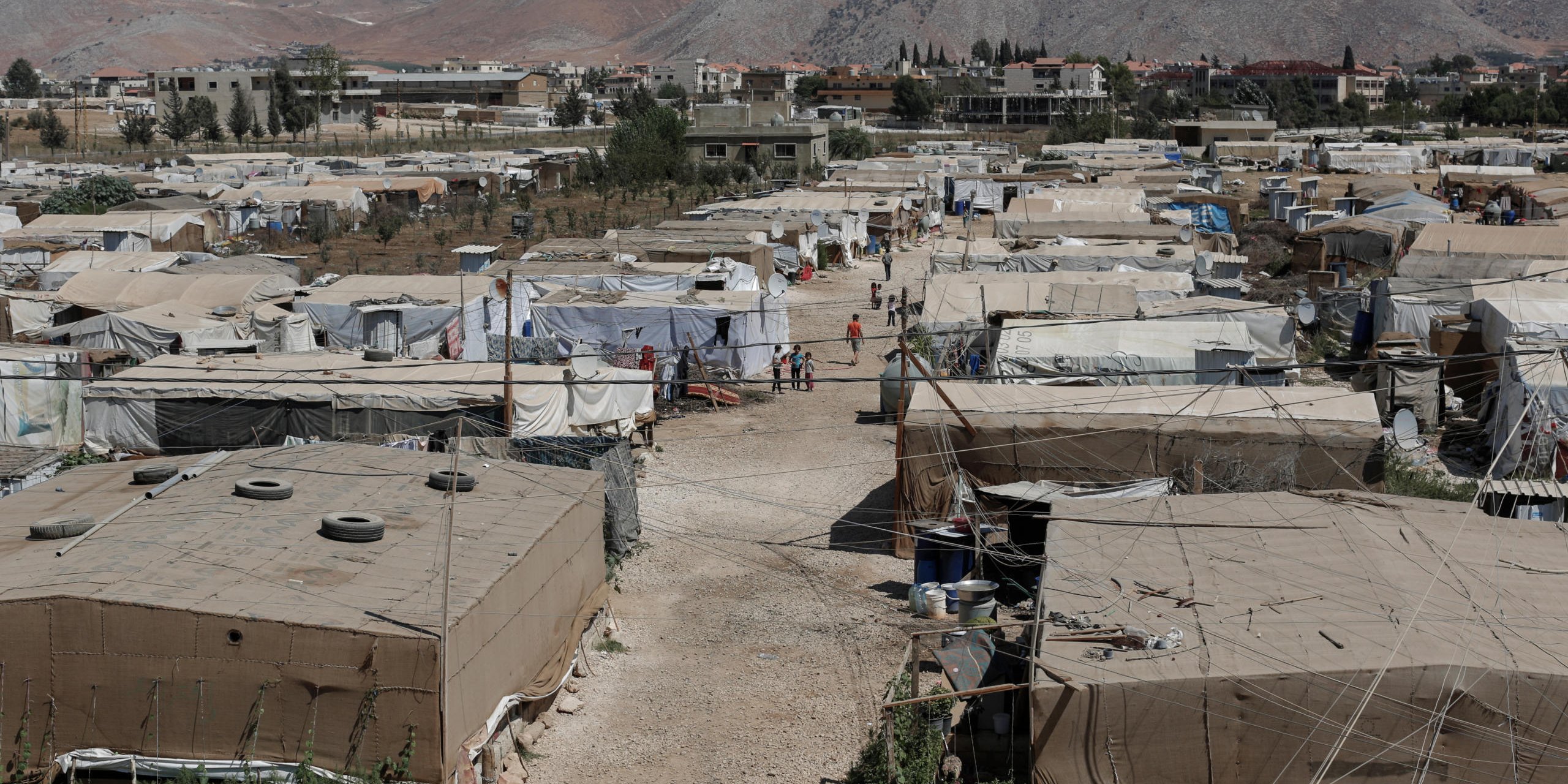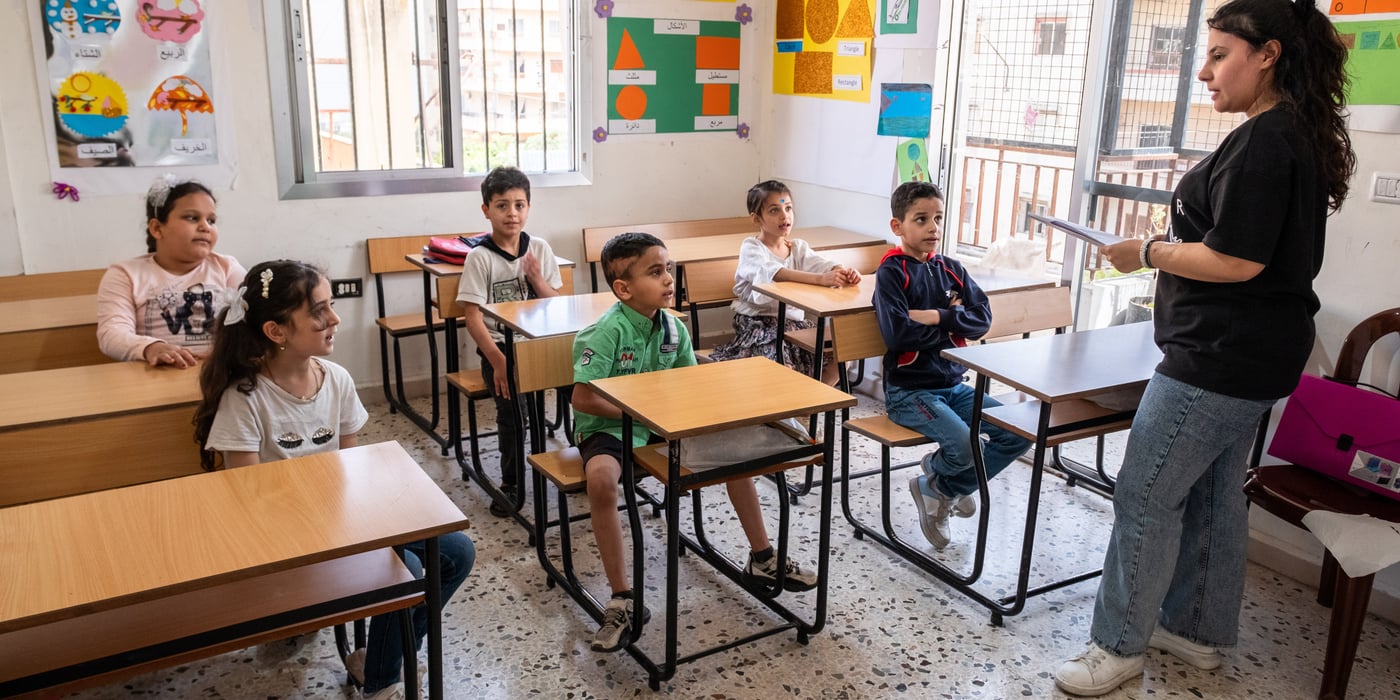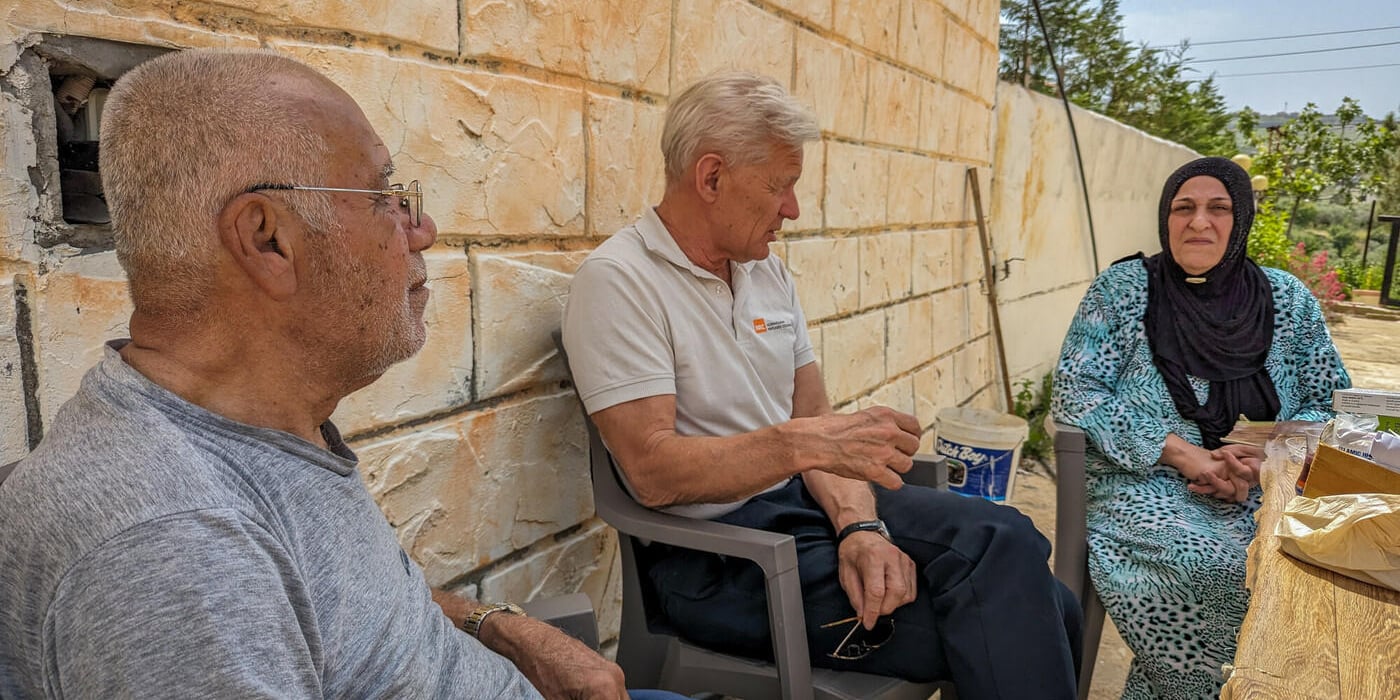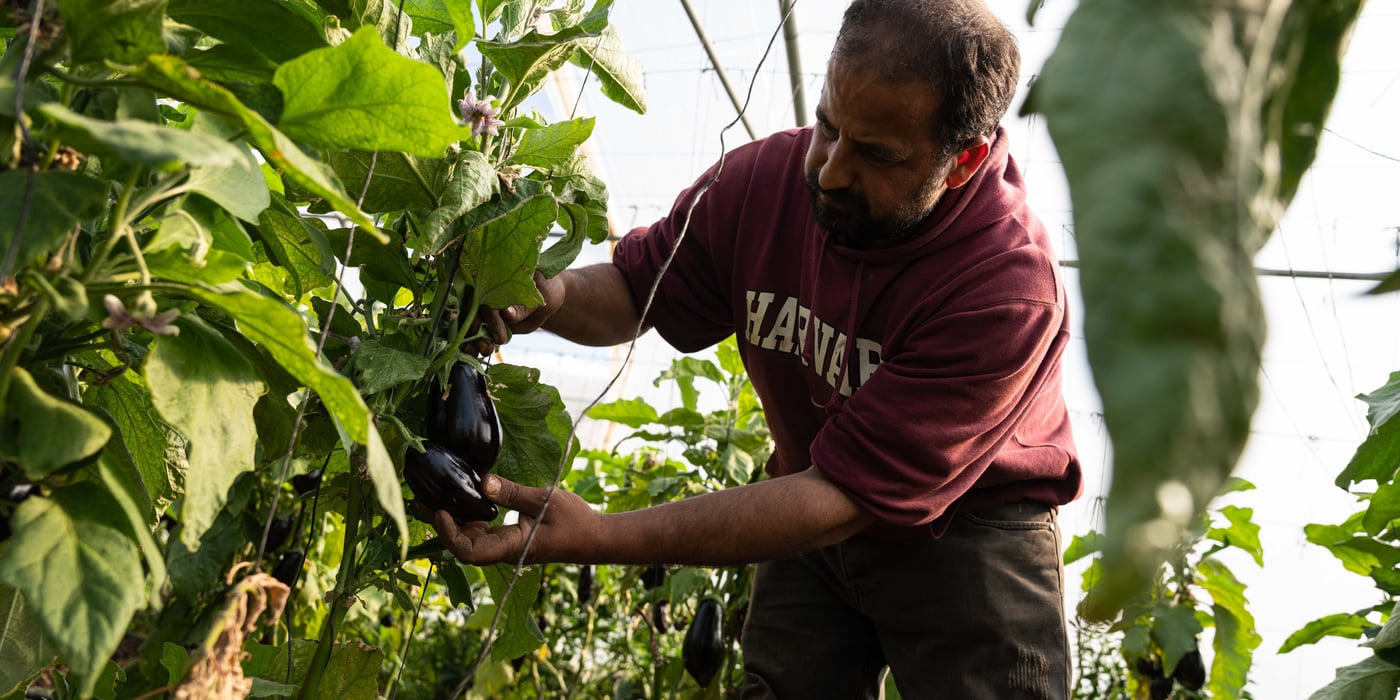
Warde shreds the twenty dollar prescription for her son’s medicine and leaves the pharmacy empty handed. She returns to her six and four year-old sons, one constantly coughing in the corner of the tent they now call home.
She consoles Omar, the 6 year old, as her eyes fill with tears. She thinks she may be pregnant.
“I hope I’m not,” says the 23-year-old, “I don’t want to be pregnant in this situation.” Many people ask Warde why she puts her sons in diapers, not knowing that a bomb hit their house in Syria and since then, the children wet their beds at night. “They don’t know our situation”.
Warde, which means flower in Arabic, is from Douma in Eastern Ghouta in Syria. She and her husband, Mahmoud, had no money when they arrived to Lebanon, as newly-weds they had spent everything to establish their lives together.
“I borrowed money and sold all my gold so we could build a house in Syria”, says Warde.
Now, all Warde and Mahmoud think about is how to care for their sons. Without meat and fresh vegetables in their diet, which are too expensive for the family to afford, the children have become weak. “We eat “mujadara” – a lentil and bulgur wheat dish – one day, and spaghetti the other,” says the young girl, consoling her son who continues to cough, probably exacerbated by the bitter winter nights.
Thinking life would be better here and since conditions in Syria had become unbearable, Warde did not expect to live in such difficult conditions, far away from her education, dreams, and the future she and her husband had planned.
“We knew we would live in a tent, but we did not expect it to be like this. We don’t even have a bathroom”, says Warde.
The family live in an informal tented settlement at the southern end of the Mount Lebanon range. A land where more than 300 refugees pitch tents and shacks that dot the hillside among the olive groves.
The people of the village are welcoming and when refugees began to arrive from Syria, many residents helped arrange shelter for them. Soon, the numbers increased rapidly.
Ali, a Lebanese local business owner and elected member of the local council, was one of those who wished to help. He welcomed the refugees seeking safety and allocated on a land he owned a space where they could stay and set up tents, rent free.
There is little assistance to this camp. International NGOs and UN agencies are absent.
A generator provides intermittent electricity and the single water source only supplies water once a week in the hot summer months.
Ali does what he can to help. He collects food to distribute amongst the refugees and volunteers his time to teach the children Arabic. The nearest primary school is 12 km away. Only twelve students from the settlement are registered in the school. Most do not have the documents required to enrol or have been told that the classes are full.
Let alone feed them, Warde does not have the time or capacity to think about schooling for her children. Mahmoud on the other hand does not have the money to provide an education for them.
When they first arrived, he renovated furniture four days a week in the north of Beirut and would visit his family and bring money on his days off. He worked for two months, however, the owner refused to pay him.
“At first he used to earn 16 dollars per day”, says Warde. “But then there was less work, he earned ten dollars, and then the rate dropped to six and a half”. Her husband was then forced to leave his job and began to work in construction. Even so, there are no work opportunities as the family no longer has their residency.
The young Warde longs for a better life for herself and her family. Income is her main concern. “At the market, I bought what I could with the ten dollars I had, the woman next to me bought much more. I used to be able to buy things like her”, she says, unable to decide how to use the small amount of money that she has.
“We don’t want to beg for everything”, she says. “For us, it is shameful. Now my house in Syria is destroyed. Even if I returned, I would still have to live in a tent”.




